This quickly and efficiently removes expired keys from the SET data-type that laravel uses to manage tagged cache.
use Illuminate\Support\Facades\Cache;
function flushExpiredKeysFromSet(string $referenceKey) : void
{
/** @var \Illuminate\Cache\RedisStore $store */
$store = Cache::store()->getStore();
$lua = <<<LUA
local keys = redis.call('SMEMBERS', '%s')
local expired = {}
for i, key in ipairs(keys) do
local ttl = redis.call('ttl', key)
if ttl == -2 or ttl == -1 then
table.insert(expired, key)
end
end
if #expired > 0 then
redis.call('SREM', '%s', unpack(expired))
end
LUA;
$store->connection()->eval(sprintf($lua, $key, $key), 1);
}
To show the calls that this LUA script generates, from the sample above:
10:32:19.392 [0 lua] "SMEMBERS" "63c0176959499233797039:standard_ref{0}"
10:32:19.392 [0 lua] "ttl" "i-dont-expire-for-an-hour"
10:32:19.392 [0 lua] "ttl" "aa9465100adaf4d7d0a1d12c8e4a5b255364442d:i-have-expired{1}"
10:32:19.392 [0 lua] "SREM" "63c0176959499233797039:standard_ref{0}" "aa9465100adaf4d7d0a1d12c8e4a5b255364442d:i-have-expired{1}"
Using a custom cache driver that wraps the RedisTaggedCache class; when cache is added to a tag, I dispatch a job using the above PHP script only once within that period by utilizing a 24-hour cache lock.
Here is how I obtain the reference key that is later passed into the cleanup script.
public function dispatchTidyEvent(mixed $ttl)
{
$referenceKeyType = $ttl === null ? self::REFERENCE_KEY_FOREVER : self::REFERENCE_KEY_STANDARD;
$lock = Cache::lock('tidy:'.$referenceKeyType, 60 * 60 * 24);
// if we were able to get a lock, then dispatch the event
if ($lock->get()) {
foreach (explode('|', $this->tags->getNamespace()) as $segment) {
dispatch(new \App\Events\CacheTidyEvent($this->referenceKey($segment, $referenceKeyType)));
}
}
// otherwise, we'll just let the lock live out its life to prevent repeating this numerous times per day
return true;
}
Remembering that a "cache lock" is simply just a SET/GET and Laravel is responsible for many of those already on every request to manage it's tags, adding a lock to achieve this "once per day" concept only adds negligible overhead.
